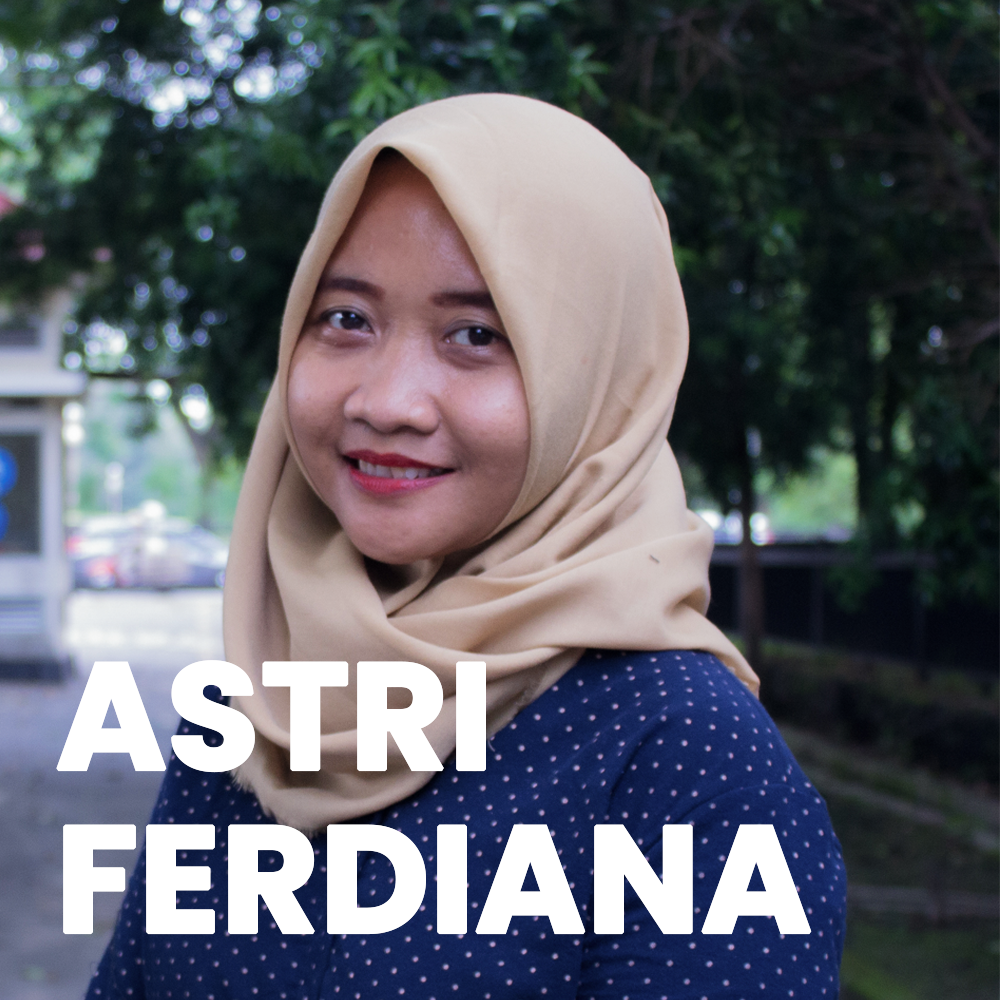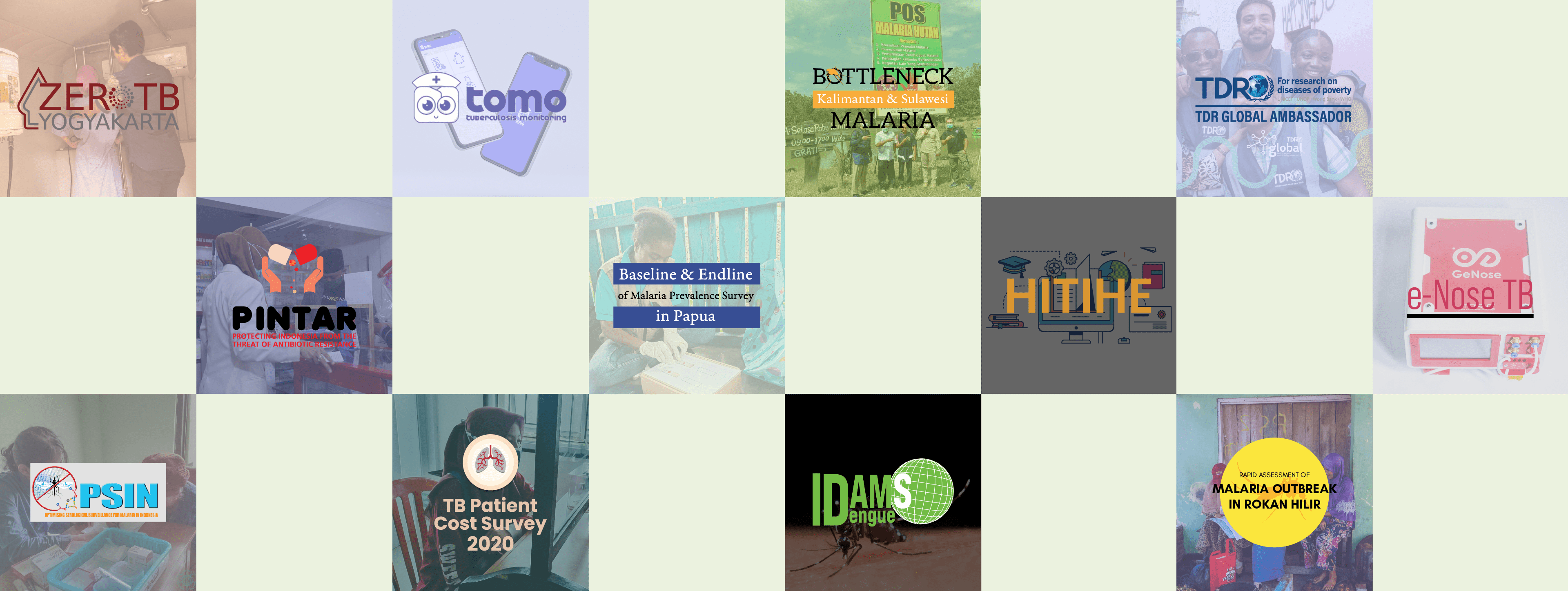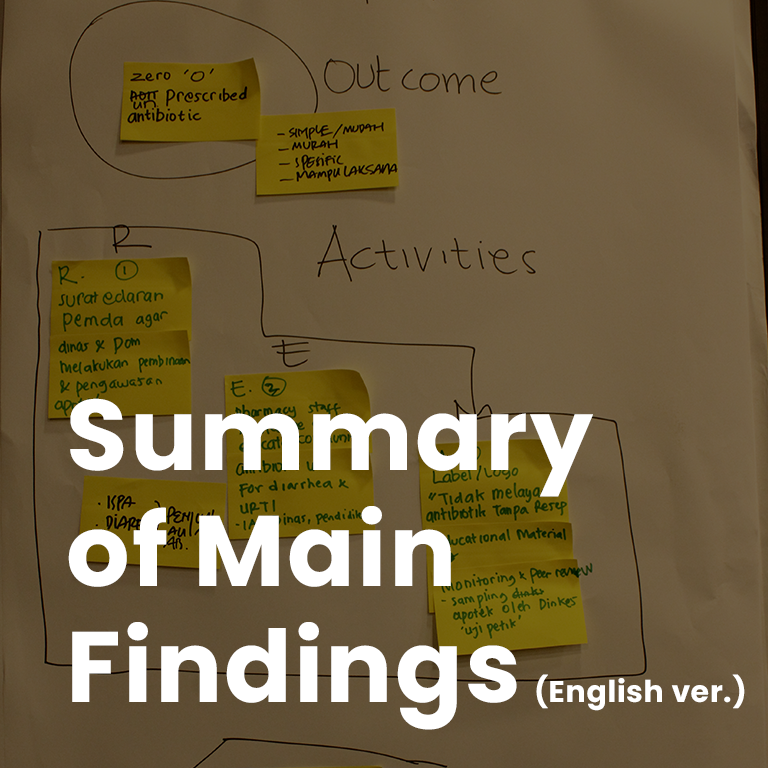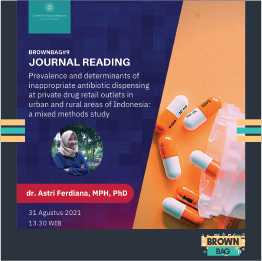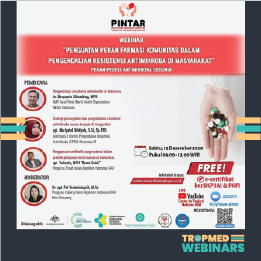Project Description
PINTAR – Protecting Indonesia from the Threat of Antibiotic Resistance
PINTAR translated smart in English, reflects its mission in driving the drug sellers and pharma-cists to be “smart” and meticulous in dispens-ing antibiotics. It predicts that antibiotic resis-tance will be the next global pandemic. Easy access to antibiotics causes people to easily take and drop off antibiotics without knowing the long-term consequences. Quick example: About 33.7% of PINTAR survey respondents (pharmacists and pharmaceutical staff) provid-ed antibiotics to COVID-19 patients during the pandemic. It is undoubtedly misleading as anti-biotics will not help virus-caused diseases but cause antimicrobial resistance. Besides the lack of consumers’ awareness, the inappropriate use of antibiotics comes from weak practices in the health, agriculture, and livestock gover-nance system.
In this study, the researchers assess the socio-economic factors that influence the drug dis-pensing practice and later design a multifaced intervention strategy to close the implementation problems. This strategy would be moni-tored and evaluated for about 20 months before being replicated and scaled as a ation-wide action.
Funding
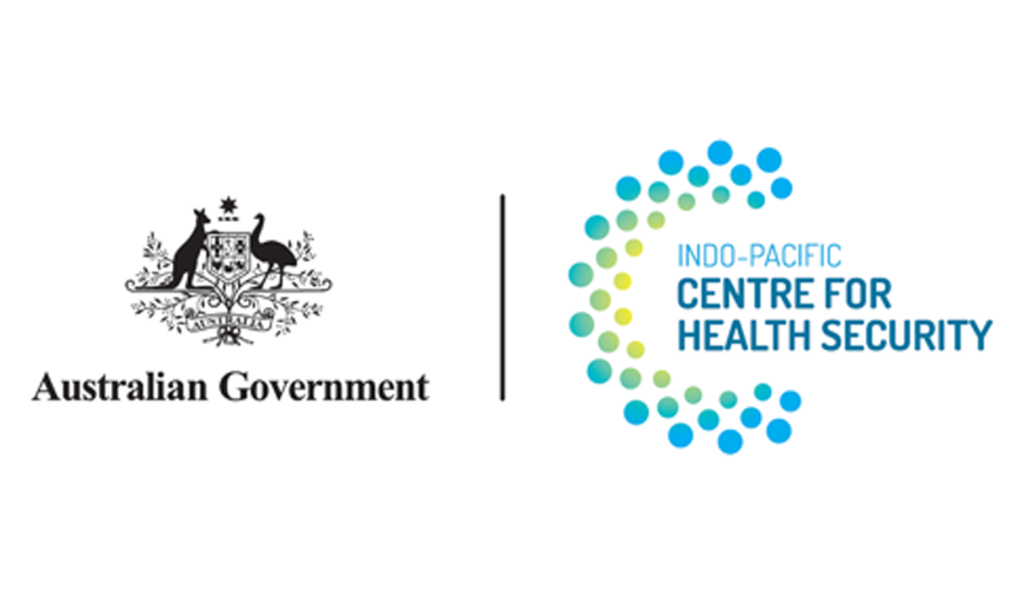
Collaborators



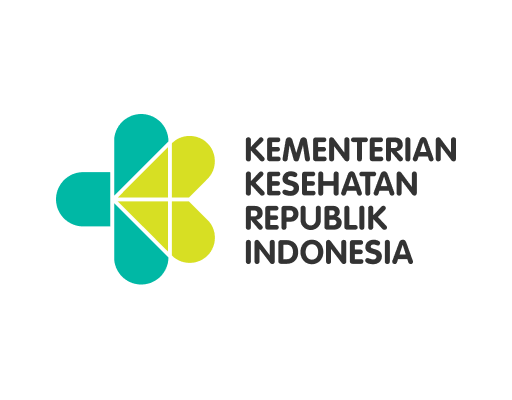
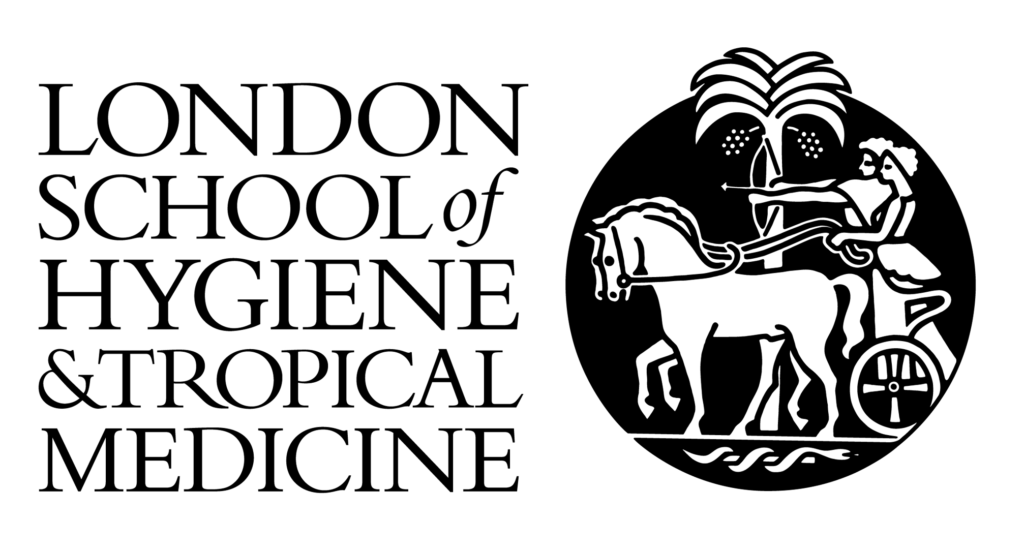
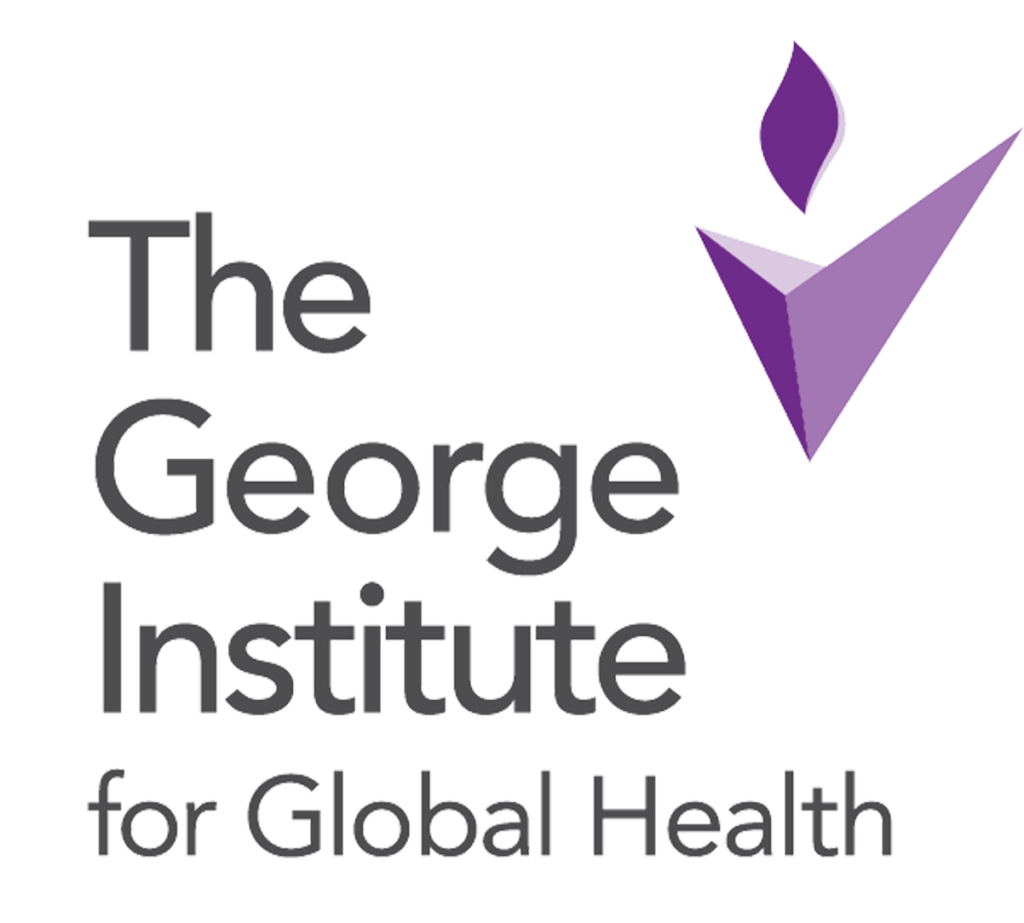
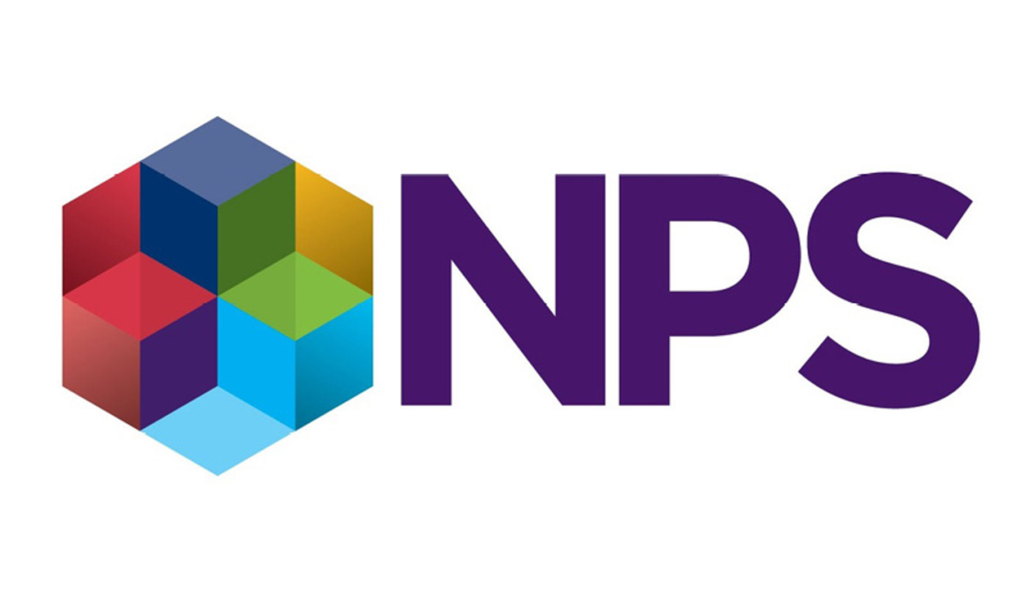

Duration
2018-2021
Principal Investigators
Ari Probandari
Tri Wibawa
This project taught us that two-thirds of private drug retail outlet visits led to no-prescription antibiotics transactions. This fact came from their research in 495 drug outlets in Bekasi city in West Java Province and Tabalong district in South Kalimantan Province. Profit orientation and business competition had sparked the loose of antibiotics transactions. The high demand is seen as a business opportunity rather than a recipe for a health disaster. The pandemic nevertheless has exacerbated this situation. As mentioned, the researchers found an increasing consumer behaviour of seeking antibiotics to treat COVID-19 patients. Those situations are indeed a red alert for the rise of antimicrobial resistance in Indonesia.
The PINTAR study determined to address those complex issues by implementing a comprehen-sive strategy involving the government, phar-macists community, the public, and other criti-cal stakeholders. Providing training for phar-macists, designing learning modules, and con-ducting campaigns are only a tiny part of their intervention agenda in Semarang, Central Java. By 2022, PINTAR will wrap up its study and share its findings with the related stakeholders.
Study phases of PINTAR
Published Works
Wulandari LPL, Khan M, Liverani M, et al Prevalence and determinants of inappropriate antibiotic dispensing at private drug retail outlets in urban and rural areas of Indonesia: a mixed methods study BMJ Global Health 2021;6:e004993.
The Project Team



